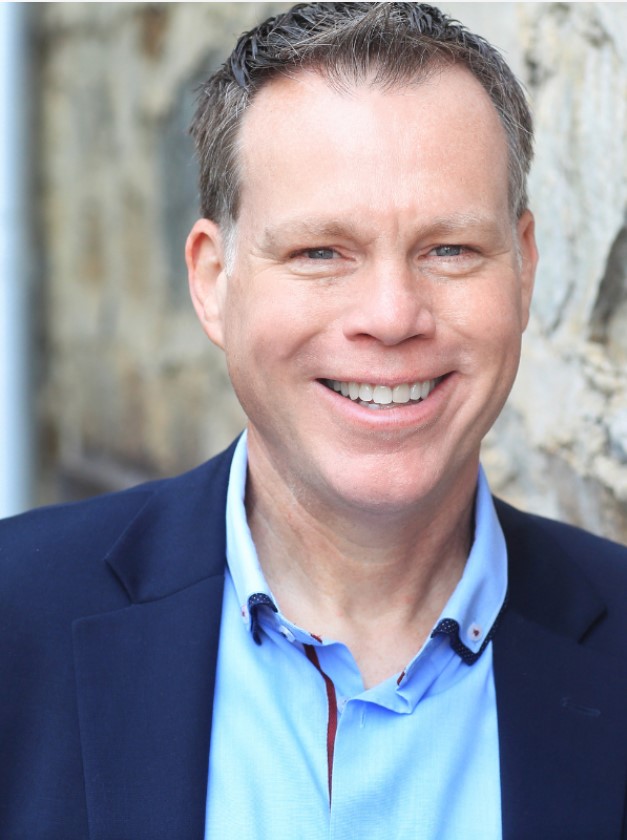Schedule at a Glance
January 30, 2024
| Session | Session Time | Session Description | Location |
| Session 1: Welcome with Provost Arnett and Overview with Dr. Greg Heileman | 9:00am-11:30am | In this session we consider the analytics revolution that has occurred over the past
decade in the context of higher education, we offer some key takeaways related to
the application of analytics to student success interventions, and we consider some
common obstacles encountered by those attempting to use analytics in this manner.
Next, we introduce curricular analytics, positioning it within the aforementioned
student success analytics framing, and we demonstrate how to incorporate it most effectively
as a part of a student success toolkit. |
For In Person Attendees: Close Hipp, suite 301 For Virtual Attendees: Microsoft Teams Link |
| Lunch | 12:00pm–1:00 pm | Faculty only |
|
| Session 2: A Program is Not a Plan: Two Decades of Research | 1:00pm-2:15pm | This interactive session will explore key lessons the Gardner Institute has learned from work with nearly 600 colleges and universities since 2003. The lessons will be shared with participants from the University of South Carolina so that they can consider how their student learning and success efforts – curricular analytics and other – should reflect the successes and pitfalls that the Gardner Institute has identified through its work. |
For In Person Attendees: Close Hipp, Suite 301 For Virtual Attendees: Microsoft Teams Link |
| Session 3: An Overview of the Curricular Analtics Ecosystem | 2:30pm-3:30pm |
In this session we provide a broad overview of the curricular analytics ecosystem,
which encompasses a set of analytical tools and techniques that allow you to quantify
the complexity of curricula, simulate student progress under various scenarios, and
create degree plans that maximize the chances of students completing their degrees
on time. A number of examples related to guiding student success interventions using
curricular analytics will be provided.
This will be followed by a discussion of how we might use these tools to break down
structural barriers that, unintentionally and often invisibility, reproduce and exacerbate
pernicious inequities in higher education?
|
For In Person Attendees: Close Hipp, Suite 301 For Virtual Attendees: Microsoft Teams Link |
| Session 4: Information Asymmetry in Curricular Design | 3:30pm-4:30pm | In this session, participants will learn about ‘‘information asymmetry” and why it
is an often overlooked but absolutely vital concept for improving student learning
and success. Examples of how information asymmetry impacts areas such as transfer
student success and gateway course success will be explored. In addition, the session
will share ways in which institutions have taken action to improve student learning
and success once they understand how information asymmetry is hurting both the institution
and the students it serves. Participants will be provided with opportunities to apply
what is shared to their own work at the University of South Carolina, particularly
their work with curricular analytics. |
For in person Attendees: Close Hipp, Suite 301 For Virtual Attendees: Microsoft Teams Link
|
January 31, 2024
| Session | Session Time | Session Description | Location |
| Session 5: Advanced Curricular Analytics Topics | 9:00am-10:15am |
In this session we will demonstrate how optimization theory and simulation can be applied to a number of important problems related to curricular analytics and student success. First, we will consider the creation of degree plans optimized around the success of individual students. Next, we will revisit the information asymmetry associated with transfer articulation and demonstrate how it can be it can be reduced with the use of the optimization tools in the Curricular Analytics toolkit. We will then demonstrate how to use the optimization capabilities in the Curricular Analytics toolkit as a part of a backwards curriculum design process. Finally, we will demonstrate how to use discrete event simulation to investigate various student success intervention scenarios. |
For In Person Attendees: Close Hipp, suite 301 For Virtual Attendees: Microsoft Teams Link |
| Session 6: Review and Discussion of USC Curricular Data | 10:15am-11:00am |
In this session we will consider analyses performed on the USC curricular data that has been uploaded to CurrricularAnaltyics.org website. Where possible, we will compare USC curricular data to an emerging national data set we are gathering. Next, we will demonstrate how to relate student performance data to curricular data, in order to determine the impact of curricular complexity, among other factors, on student progress. This will include a discussion of the emerging findings related to the UERU Curricular Analytics Project national data set.In this session we will consider analyses performed on the USC curricular data that has been uploaded to CurrricularAnaltyics.org website. Where possible, we will compare USC curricular data to an emerging national data set we are gathering. Next, we will demonstrate how to relate student performance data to curricular data, in order to determine the impact of curricular complexity, among other factors, on student progress. This will include a discussion of the emerging findings related to the UERU Curricular Analytics Project national data set. |
For In Person Attendees: Close Hipp, Suite 301 For Virtual Attendees: Microsoft Teams Link |
| Working Session 1 | 11:15am-12:00pm |
Formation of teams, consideration of topics to investigate, and identification of wants and needs around a given topic. |
In Person Attendance Only: Close Hipp, Suite 301 |
| Lunch | 12:00pm–1:00 pm |
Faculty only |
|
| Working Session 2 | 1:00pm-3:00pm |
Ideation/deeper investigation of wants/needs, and potential solutions.Ideation/deeper investigation of wants/needs, and potential solutions. Report out. |
In Person Attendance Only: Close Hipp, Suite 301 |
| Adjourn | 3:00pm |
|
|
Symposium Speakers
 Dr. Greg Heileman
Dr. Greg Heileman
Greg Heileman, currently the Vice Provost for Undergraduate Education and Professor of Electrical and Computer Engineering at the University of Arizona, has a diverse background in academic administration since 2004, covering areas like faculty development, student success, and information technology. His previous roles include Associate Provost at the University of Kentucky and Vice Provost at the University of New Mexico, where he significantly contributed to student academic success initiatives. As a professor since 1990, Heileman has published extensively in fields like machine learning and data analytics, and has been recognized for his contributions in teaching, research, and student engagement.
 Dr. Andrew (Drew) Koch
Dr. Andrew (Drew) Koch
Dr. Andrew Koch, the Chief Executive Officer of the Gardner Institute, specializes in redesigning educational systems to bridge performance gaps, strategic planning, and fundraising. He has secured grants from prominent organizations like the Gates Foundation and the National Science Foundation. Holding degrees in history, higher education administration, and a Ph.D. in American Studies, his focus is on student success and its impact on democracy and culture in the U.S. A champion for equity in education, he has authored numerous publications on higher education topics and served on various boards related to college access, success, and transition.